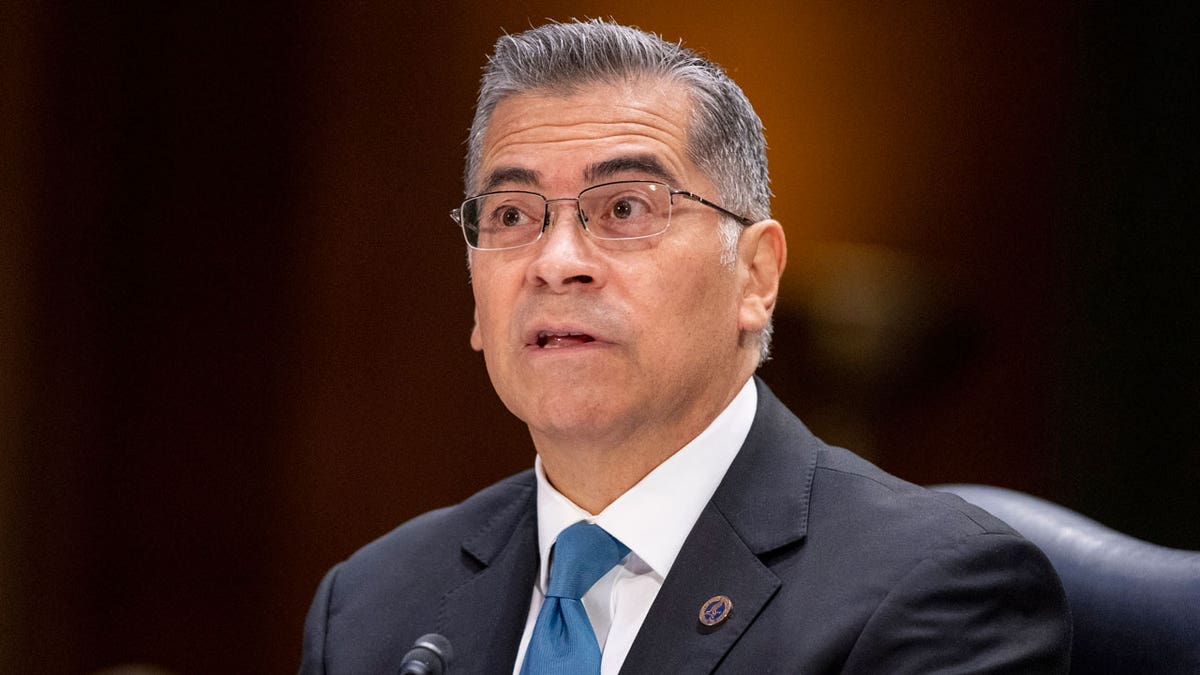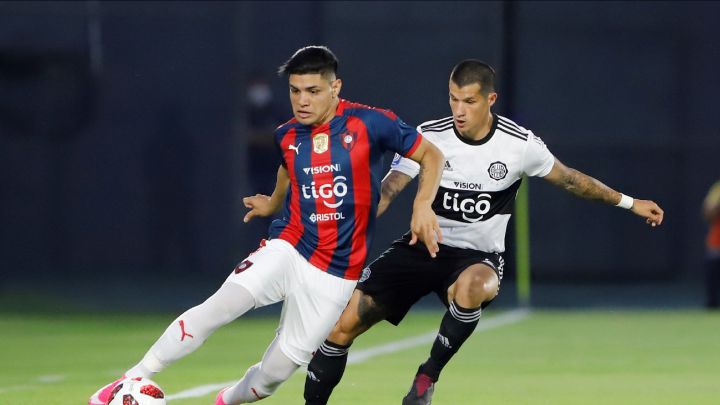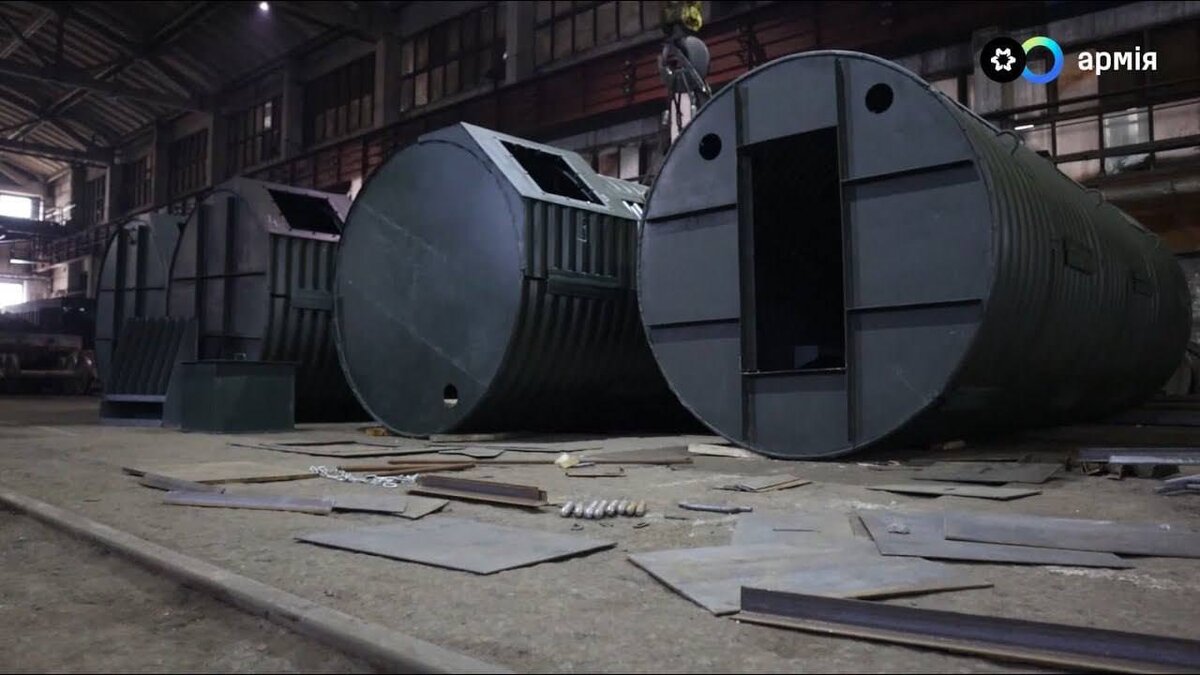The Fight Against Internet Censorship: Vercel And LaLiga's Piracy Dispute

Table of Contents
Vercel, known for its serverless cloud functions platform, and LaLiga, a fiercely protective organization guarding its valuable football broadcast rights, find themselves locked in a legal battle representing a crucial clash between content protection and the potential for internet censorship. This article will examine the arguments of both sides, explore the legal ramifications, and analyze the wider impact on the digital landscape.
LaLiga's Fight Against Piracy: A Look at Copyright Infringement
LaLiga's primary concern is the rampant illegal streaming of its football matches. The league argues that this copyright infringement directly impacts its bottom line and damages its brand reputation. They view piracy as a severe threat to the economic viability of professional football and the investment in the sport.
- Financial Losses: Piracy deprives LaLiga of significant revenue from legitimate broadcasting deals, impacting investments in player development, infrastructure, and overall league growth.
- Reputational Damage: Illegal streams often feature poor quality video and audio, negatively affecting the viewer experience and potentially damaging LaLiga's brand image.
- Legal Measures: LaLiga has actively pursued legal action against websites and individuals involved in the illegal distribution of its content, utilizing cease-and-desist letters, lawsuits, and collaboration with law enforcement agencies to combat online piracy. These efforts are part of a broader strategy to protect its intellectual property and its revenue streams. This aggressive approach illustrates the lengths to which rights holders will go to protect their content.
Vercel's Role: The Hosting Provider's Dilemma
Vercel, as a hosting provider, faces a difficult position. While it does not directly create or distribute the pirated content, it provides the infrastructure that some users might leverage for illegal activities. The company adheres to its Terms of Service and has a stated policy against hosting illegal content. However, policing the vast amount of user-generated content hosted on its platform is a monumental task.
- Terms of Service Compliance: Vercel’s Terms of Service explicitly prohibit the use of its platform for illegal activities, including copyright infringement.
- Monitoring Challenges: The sheer volume of data passing through Vercel's servers makes comprehensive monitoring for illegal content incredibly challenging. Detecting and responding to all instances of copyright infringement requires significant resources and technological sophistication.
- Censorship Concerns: Aggressively removing content, even if illegal, raises concerns about potential censorship and the limitation of free speech. Striking the right balance between content moderation and respecting users’ rights to free expression is a difficult challenge for platforms like Vercel.
The Legal Battle: Censorship vs. Free Speech
The legal arguments presented by both sides are complex and highlight the inherent conflict between protecting intellectual property rights and upholding the principles of free speech and open access to information. LaLiga accuses Vercel of negligence and complicity in facilitating piracy by hosting websites or applications distributing copyrighted content.
- LaLiga's Claims: LaLiga argues that Vercel should take a more proactive role in monitoring and removing infringing content, citing its financial losses due to piracy. They suggest that Vercel's inaction amounts to complicity in copyright infringement.
- Vercel's Defense: Vercel counters that it is a neutral platform provider and should not be held responsible for the actions of its users. They argue that actively policing user-generated content would require intrusive monitoring that could violate users' privacy and freedom of speech.
- Legal Precedent: The outcome of this case could significantly impact future legal precedent concerning platform liability and the responsibility of hosting providers in combating online piracy. It could set a new standard for what constitutes acceptable measures for content moderation.
The Impact on Internet Censorship and the Future of Online Content
The Vercel and LaLiga case has broad implications for the future of online content and internet censorship. The legal outcome will influence how hosting providers balance their responsibilities to protect intellectual property with their commitment to free expression.
- Impact on Smaller Creators: A ruling that holds hosting providers more accountable for user content could disproportionately affect smaller content creators who lack the resources to effectively police their own platforms.
- The Role of Tech Companies: The case underscores the evolving role of technology companies in regulating online content. It raises questions about the appropriate balance of self-regulation, government intervention, and industry standards in combating online piracy.
- Future Legislation: The dispute could lead to new legislation impacting hosting providers and content creators, potentially affecting the accessibility and affordability of online services. This is likely to intensify the ongoing debate about the regulation of the internet and the enforcement of intellectual property rights in the digital age.
Conclusion: Navigating the Complexities of Internet Censorship and Piracy
The Vercel and LaLiga dispute underscores the complex interplay between internet censorship and content protection. The case highlights the challenges faced by hosting providers in balancing the need to protect intellectual property rights with the fundamental principles of free speech and open access to information. The outcome will have significant repercussions for the future of online content regulation and the balance between digital rights and copyright protection. The debate over online piracy, internet censorship, and platform responsibility continues to evolve. What are your thoughts on balancing these competing interests? Join the conversation and share your opinions on the future of online content regulation. How can we effectively combat online piracy without sacrificing fundamental digital rights? Let’s discuss the future of internet censorship and the ongoing fight for content protection.

Featured Posts
-
 Biden Health A Former Cnn Journalist Breaks Silence
May 16, 2025
Biden Health A Former Cnn Journalist Breaks Silence
May 16, 2025 -
 Analisis Del Partido Olimpia Se Impone 2 0 A Penarol Resumen Y Goles
May 16, 2025
Analisis Del Partido Olimpia Se Impone 2 0 A Penarol Resumen Y Goles
May 16, 2025 -
 Khokkey Rekordsmen Po Silovym Priemam Zavershaet Kareru
May 16, 2025
Khokkey Rekordsmen Po Silovym Priemam Zavershaet Kareru
May 16, 2025 -
 Boston Celtics Sold For 6 1 Billion Fans React To Private Equity Ownership
May 16, 2025
Boston Celtics Sold For 6 1 Billion Fans React To Private Equity Ownership
May 16, 2025 -
 Ukraina Pod Massirovannym Raketnym Obstrelom Bolee 200 Snaryadov
May 16, 2025
Ukraina Pod Massirovannym Raketnym Obstrelom Bolee 200 Snaryadov
May 16, 2025
